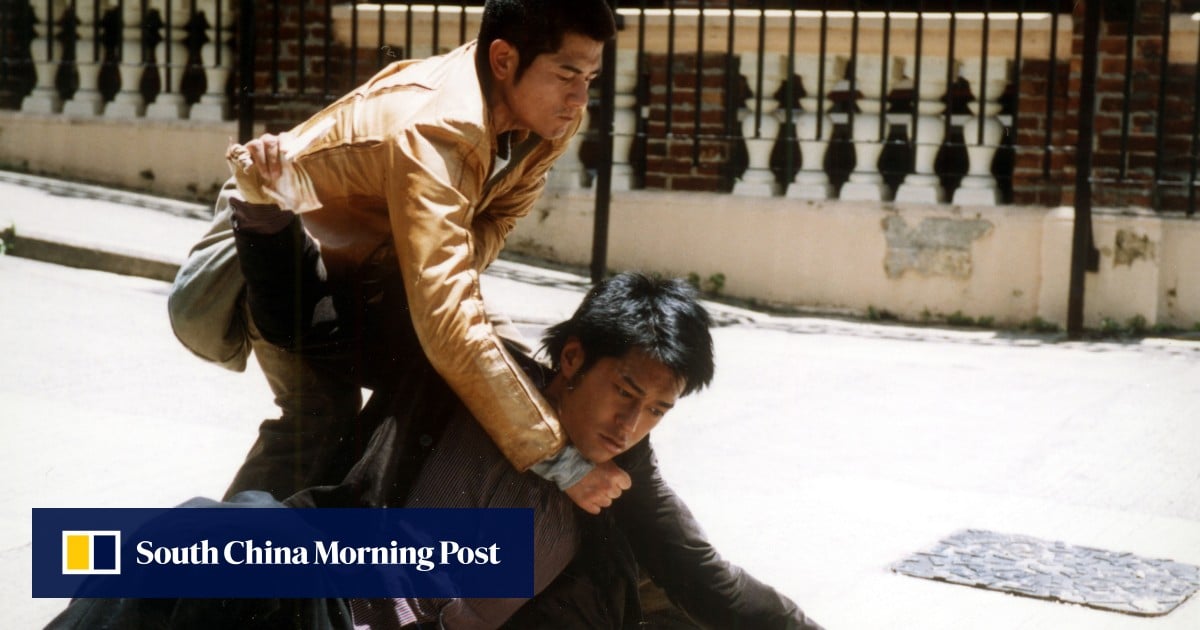Moreover, while the film did feature a lot of gun violence – it would have been difficult to get financial backing for a crime film without that in 1989 – the shoot-outs were toned down, even though they were still too exaggerated to be described as realistic.
Rather than making a “bullet ballet”, Lam made a relationship drama set against the backdrop of a crime story. It’s tempting to think that if the economics of filmmaking had permitted it, his focus would have shifted even more towards the relationship between a cop and the family he is trying to protect.
Stunning action, Hollywood gloss: Johnnie To changed Hong Kong crime films
Stunning action, Hollywood gloss: Johnnie To changed Hong Kong crime films
“Lam’s Wild Search came after the intense descent into darkness of his On Fire movies – City on Fire, Prison on Fire, and School on Fire – and so it felt like a welcome breath of fresh air,” says Grady Hendrix, author of These Fists Break Bricks: How Kung Fu Movies Swept America.
The action shifts to village life in the New Territories as Chow and Chung’s characters start to get close. But the arms dealers – led by Paul Chun Pui as a vicious crime boss posing as a charitable businessman – are on Chow’s tail.

Chow was known for playing cool heroic characters in the late 1980s, but here he is depressed, he drinks, he loses his temper, and he makes mistakes.
“If anyone was going to do something new with Chow Yun-fat’s or Cherie Chung’s images, it was going to be Lam,” notes Hendrix. “He really does take them in new directions, shading Chow’s ‘tough guy’ persona with self-destructive tendencies, and making pop star Cherie Chung convincing as a simple country girl.”
The village scenes still look unusual today. “Under the laid-back scenes of village life in the New Territories, and Chow Yun-fat bonding with an adorable little kid in a tutu, there’s a dark current of violence and a critique of village life as small-minded and claustrophobic,” Hendrix notes.
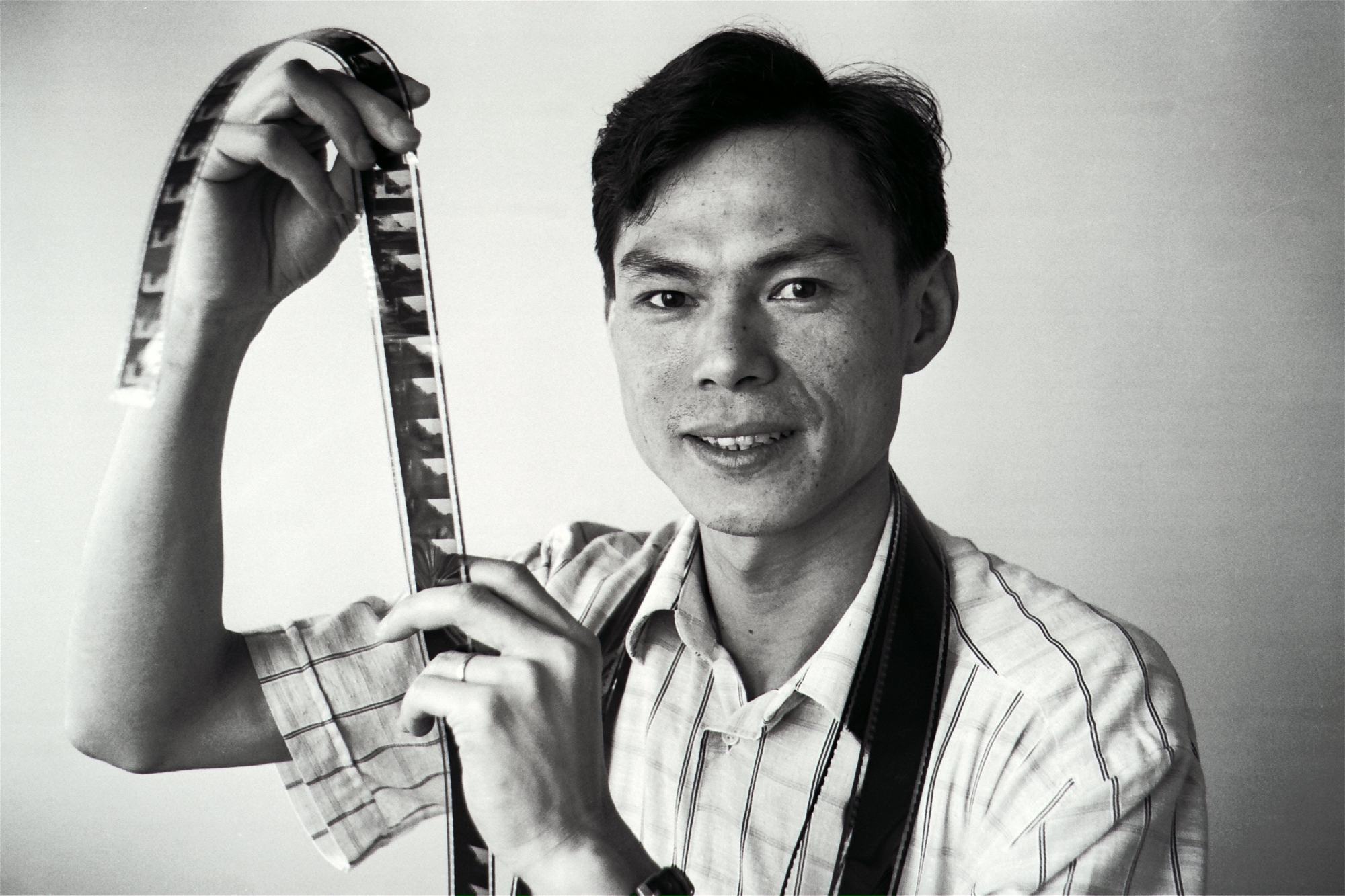
“You’re never allowed a fresh start, and you’ll never escape the shadows of your past.”
The Spiritual Boxer (1975)
What’s more, unlike in Drunken Master, which invented a comedic drunken style of kung fu, Lau makes the martial arts in The Spiritual Boxer authentic.
Lau’s aim as a filmmaker was always to represent the southern styles of kung fu as authentically as he could, and here he depicts some of the five animal styles of southern Shaolin kung fu with great care.
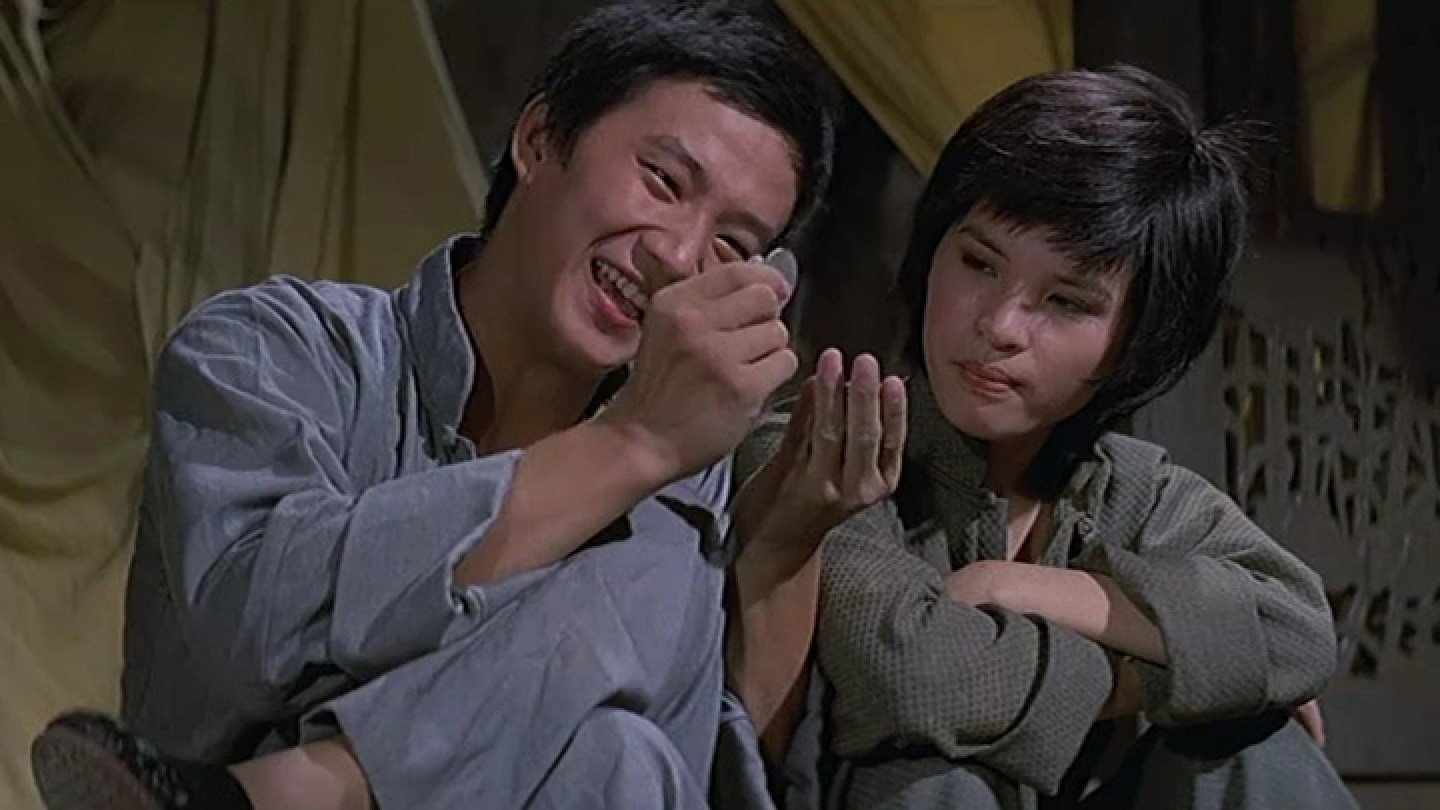
When Chang launched his own film company in Taiwan, Lau went with him, but after a highly publicised falling out, Lau returned to Hong Kong to direct The Spiritual Boxer for Shaws.
The title reflects a mystical kind of kung fu that was espoused by the Boxers during the time of the Boxer Rebellion. By channelling Taoist deities, exponents of the form were said to be impervious to pain or injury.
‘Kung fu heaven’ to bloody hell, 2 of martial arts director’s best films
‘Kung fu heaven’ to bloody hell, 2 of martial arts director’s best films
Wong Yu plays a con man who tricks people into thinking he can do spiritual kung fu by using special effects. But he later sees the error of his dishonest ways, and uses his real kung fu skills to defend a village from bandits.
“You can already see the formation of many of the elements that would become Lau’s trademarks in his subsequent, more mature works,” says film historian Frank Djeng.
“There’s the marvellous prologue/opening sequence that emphasises the historical aspect of the film’s theme and the importance of tradition, and the theme that having good morals and doing good for others is the highest spiritual achievement.”
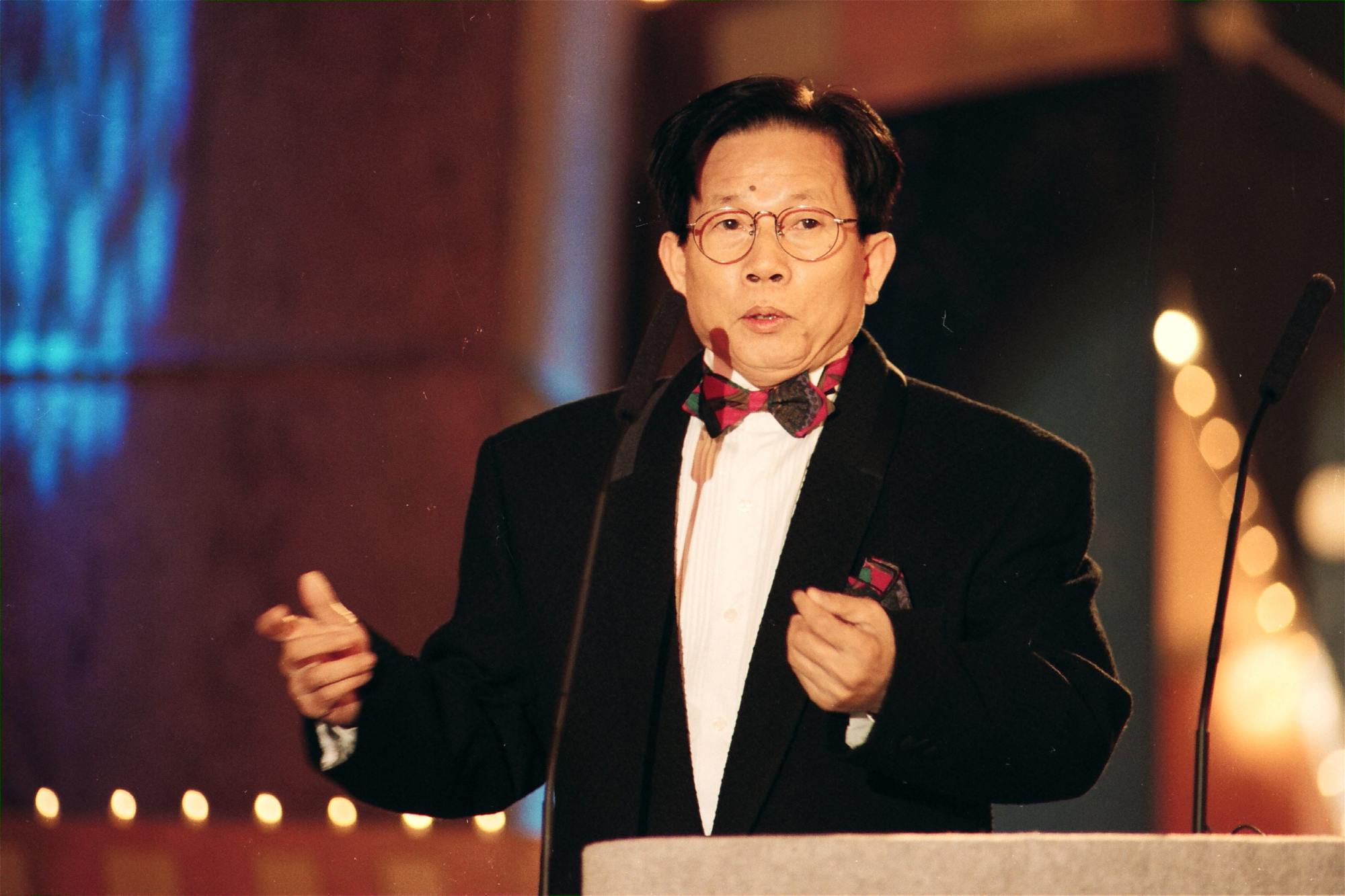
“There’s also the marvellously choreographed kung fu action that fully utilises Wong Yu’s talents as both a daft, charming comedian and a great martial artist,” Djeng notes.
Throw Down (2004)
Throw Down does have a plotline – in fact, it has a few – but it is very dispersed, and To focuses more on the overall spirit of redemption than narrative.
Assisted by martial arts director Yuen Bun, and a judo adviser, To also delights in showing some realistic judo bouts on the screen. Judo, a throwing and grappling form which is inelegant to watch, is unusual in Hong Kong martial arts films.
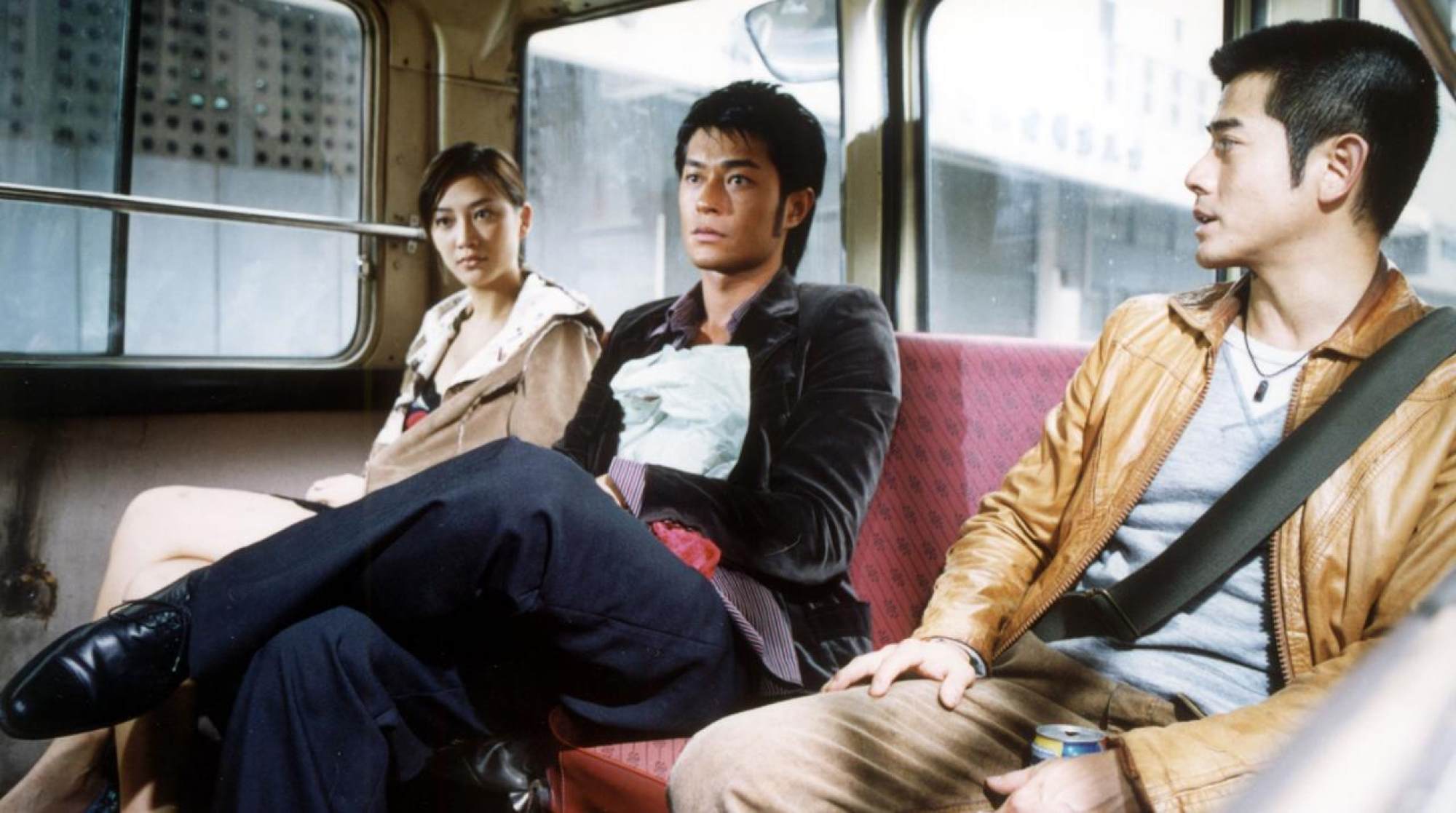
“Buried inside all the jokes and lighthearted moments of Throw Down is a movie about accepting your fate and living the life you’re given as best you can,” says Hendrix.
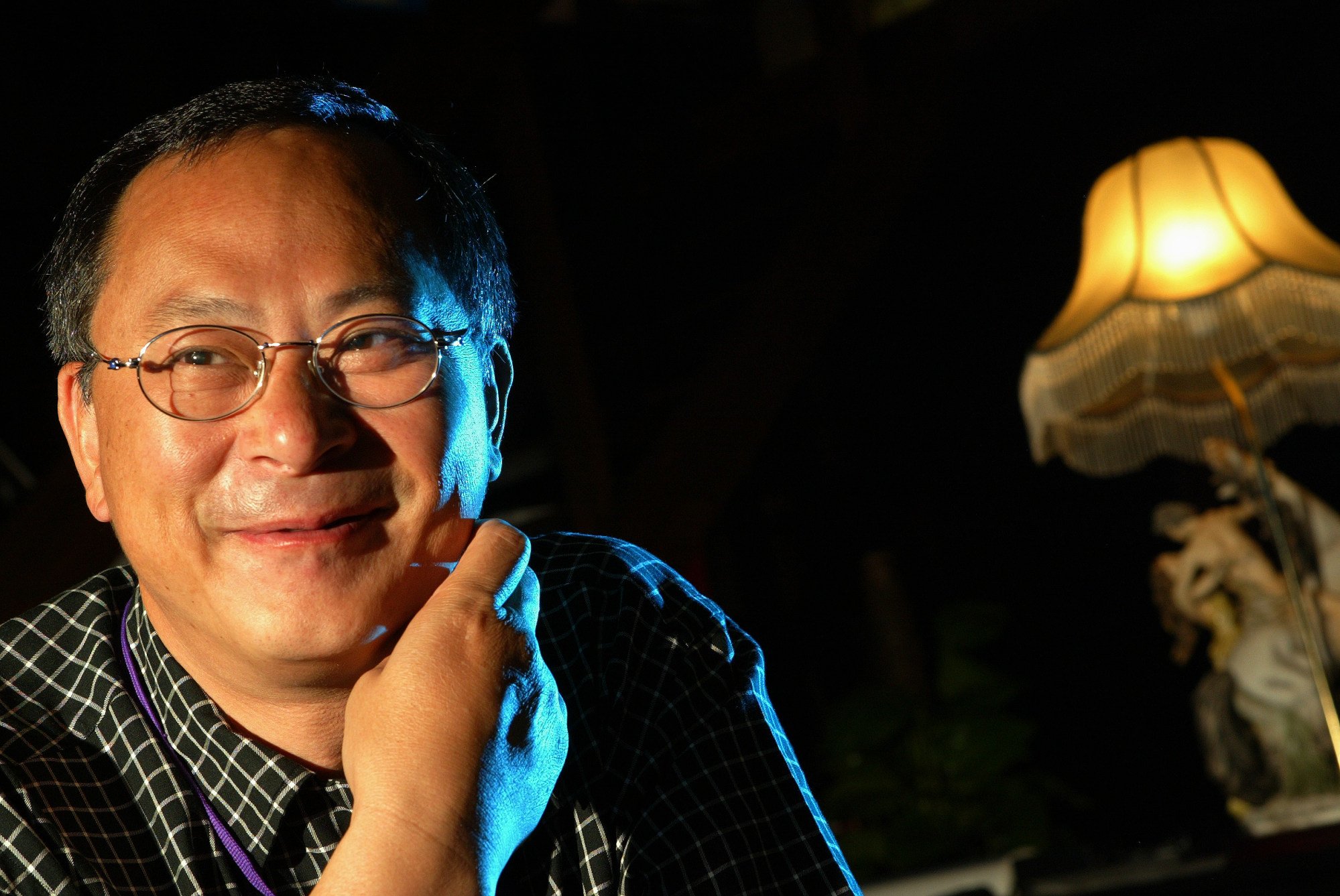
“Throw Down is To’s favourite of his own movies, and he’s always surprised that more people don’t talk about it. He was trying to do something really new, and he was perplexed that audiences didn’t get it,” Hendrix says.
In this regular feature series on the best of Hong Kong cinema, we examine the legacy of classic films, re-evaluate the careers of its greatest stars, and revisit some of the lesser-known aspects of the beloved industry.

